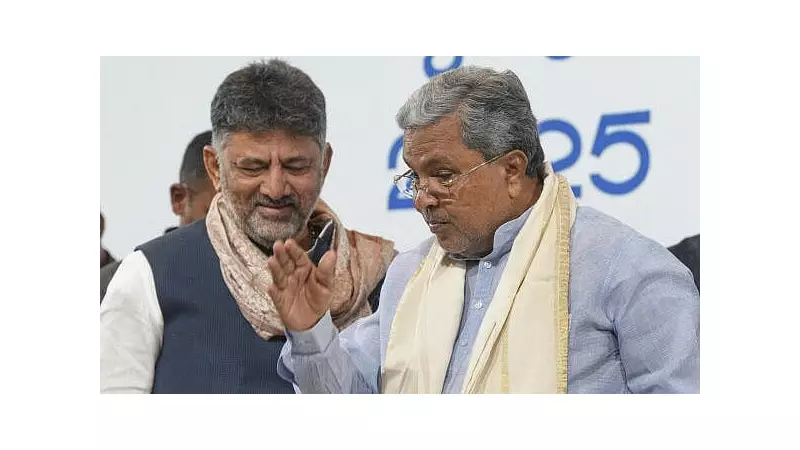
Karnataka, once celebrated as India's beacon of progressive governance and economic reforms, now finds itself trapped in a worrying cycle of political stagnation and administrative decline. The state that pioneered groundbreaking initiatives in public policy has seemingly lost its way, trading substantive governance for divisive identity politics.
The Golden Era of Reform
During the late 1990s and early 2000s, Karnataka stood apart from other Indian states through its commitment to genuine administrative transformation. Under visionary leadership across party lines, the state implemented:
- Pioneering power sector reforms that revolutionized electricity distribution
- Groundbreaking urban governance models through the Bangalore Agenda Task Force
- Transparent public-private partnerships in infrastructure development
- Early adoption of e-governance initiatives that became national benchmarks
These reforms weren't just policy experiments; they delivered tangible results, attracting global investment and establishing Bengaluru as India's undeniable technology capital.
The Disturbing Shift in Political Priorities
Recent years have witnessed a dramatic transformation in Karnataka's political landscape. The focus has shifted from development-oriented governance to:
- Identity Politics Over Administration: Political discourse now revolves around religious and linguistic divisions rather than development agendas
- Short-term Populism: Parties prioritize immediate electoral gains through freebies over sustainable policy-making
- Institutional Erosion: The systematic weakening of administrative institutions and civil services
- Leadership Deficit: Absence of political figures committed to long-term state development
The Corruption Conundrum
Perhaps most damaging has been the normalization of corruption in political transactions. The alarming frequency of 'resort politics'—where legislators are sequestered in luxury resorts to prevent defections—has exposed the transactional nature of Karnataka's current political culture. This practice not only mocks democratic principles but also diverts crucial attention from pressing governance issues.
Economic Consequences of Political Drift
The political instability has taken a significant toll on Karnataka's economic momentum. While Bengaluru continues to thrive as a tech hub, this success increasingly occurs despite the state government rather than because of it. Critical infrastructure deficits, urban planning failures, and rural neglect highlight the growing governance vacuum.
The Bengaluru Paradox exemplifies this crisis: a global technology powerhouse struggling with basic civic amenities like water supply, traffic management, and waste disposal. This disconnect between economic success and governance failure signals deeper systemic problems.
Is There a Way Forward?
Karnataka's citizens, particularly the urban educated middle class and youth, are increasingly demanding a return to issue-based politics. The state's historical legacy of reform suggests the capacity for course correction exists. However, this requires:
- Renewed emphasis on administrative competence over political loyalty
- Strengthening of local governance institutions
- Cross-party consensus on critical development issues
- Greater citizen engagement in demanding accountability
The coming elections will prove crucial in determining whether Karnataka rediscovers its reformist roots or continues its downward spiral into governance irrelevance. The choice will define not just the state's future but also serve as a critical lesson for Indian federal democracy.






